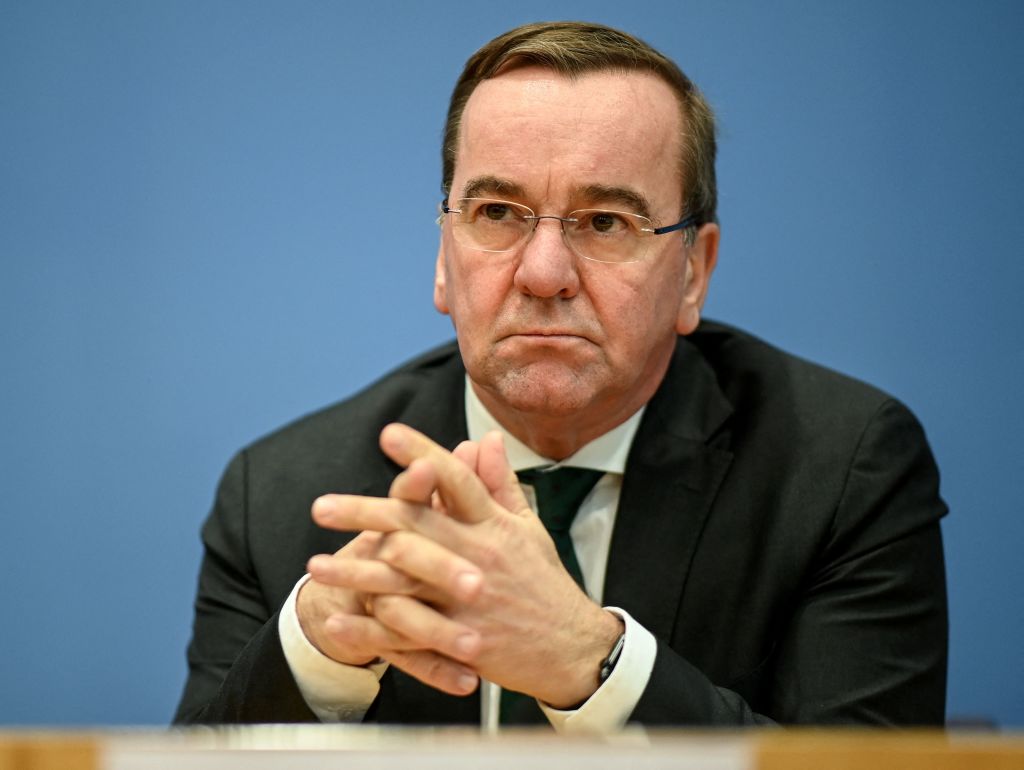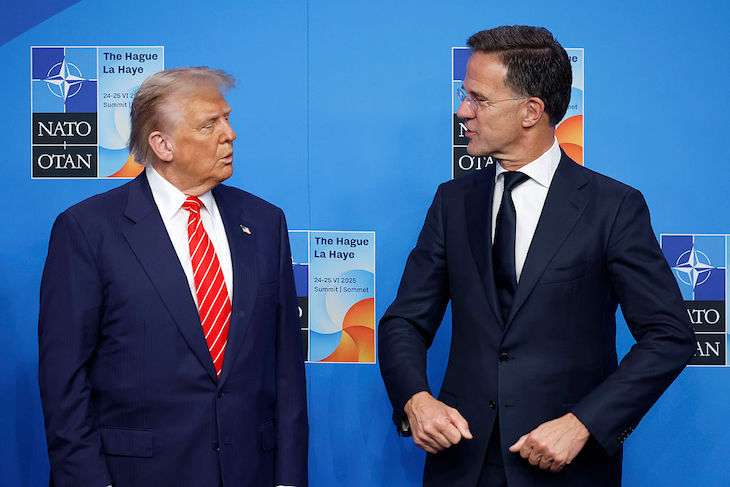Germany has a new defense minister. The funny thing is that nobody really knows who he is, what he stands for, and whether he’s capable of doing his job.
Boris Pistorius will take over the ministry from Christine Lambrecht, whose one-year tenure was about as embarrassing and gaffe-prone as the Bundeswehr itself. There are too many blemishes on her record to examine in a single post — we would be here all day. But one of the more notable misfires was her tone-deaf New Year’s Eve video, where she reminded viewers that a war was going on in Europe as a fireworks display went off behind her. For many in the German defense establishment, Lambrecht’s departure can be summed up in two words: good riddance.
Not much is known about her replacement. Pistorius has no foreign policy background to speak off, and his military experience is limited to a stint in the early 1980s, when Germany was still divided by the Berlin Wall. Those who know Pistorius, who led the interior ministry of Lower Saxony for nine years, call him efficient and effective. His boss, Chancellor Olaf Scholz, could use precisely that — a no-holds barred, deadly serious enforcer of the Zeitenwende foreign policy agenda he introduced to the world days after Russia’s invasion of Ukraine. The backbone of the Zeitenwende is a strong, durable, reliable Bundeswehr that can defend Germany, contribute to NATO’s collective deterrence mission without being laughed out of the room, and over time turn Germany into a leader of Europe on the global stage.
Rhetorically at least, Scholz remains committed to his own policy. “The crucial role for Germany at this moment,” he wrote in the January-February edition of Foreign Affairs, “is to step up as one of the main providers of security in Europe by investing in our military, strengthening the European defense industry, beefing up our military presence on NATO’s eastern flank, and training and equipping Ukraine’s armed forces.” Strong words indeed.
But words don’t mean much without action — and the blunt truth is that the Bundeswehr is as old and creaky today as it was when Ukraine was invaded. Lambrecht was totally out of her depth, unable to corral the infamously slow German bureaucracy, move orders for weapons and ammunition (in fact, she didn’t even place the orders), or earn the respect of her colleagues in the military. To be fair, not all of this is her fault: there is only so much a single individual can do to cut through the red tape, particularly when you’re dealing with a coalition government with different parties holding different ministries. But the end result was ever the same: a Bundeswehr with planes in dire need of spare parts, ships sitting in the shipyard, and troops who don’t even have winter clothing.
One doesn’t need to look very far to see the dire state of the German armed forces. Overseers have been warning about the Bundeswehr’s rotten foundations for years. Dr. Eva Högl the Bundestag’s parliamentary commissioner for the armed forces, detailed much of it in her most recent annual report. In Mali, Niger and the Baltics, Högl found that German soldiers were forced to operate without armored vests. Communication systems weren’t up to the standard of a first-world military. While much of the information remains secret, Der Spiegel, the weekly German news magazine, finds that just 30 precent of navy helicopters were available in mid-November, while 60 percent of Germany’s Leopard 2 battle tanks (the same tanks Berlin is pontificating about sending to Ukraine) are operational. If a war were to break out, some weapons systems would only have a hour’s worth of ammunition.
For the fourth richest nation in the world, this situation is almost unbelievable. How could any country, let alone one that aspires to be a leader in Europe, allow its own military to atrophy to such an extent? It’s a legitimate question to ask, and analysts have come up with a number of explanations, the lack of political will being the most obvious.
The United States isn’t off the hook here either. While it’s true Germany is a sovereign country that makes its own decisions, it’s also true that the US military presence in Germany (35,000 troops strong) is a pretty good reason for Berlin to maintain the status quo. Why would the Germans finance a defense buildup, particularly at a time when a recession may be just around the corner, when the world’s most powerful military is already protecting them from threats? Why would German politicians put their money where their mouth is when Russia, the biggest security threat Germany faces today, has proven to be a far weaker military power than first imagined? And why would Germany, let alone Europe as a whole, rearm when the US continues to insist on being Europe’s protector of first resort?
Washington is highly supportive of Berlin’s proposed Zeitenwende. But it will take more than a change of personnel at the top for the defense ministry in Germany to overhaul its military. It will probably take a change in American policy as well.

























